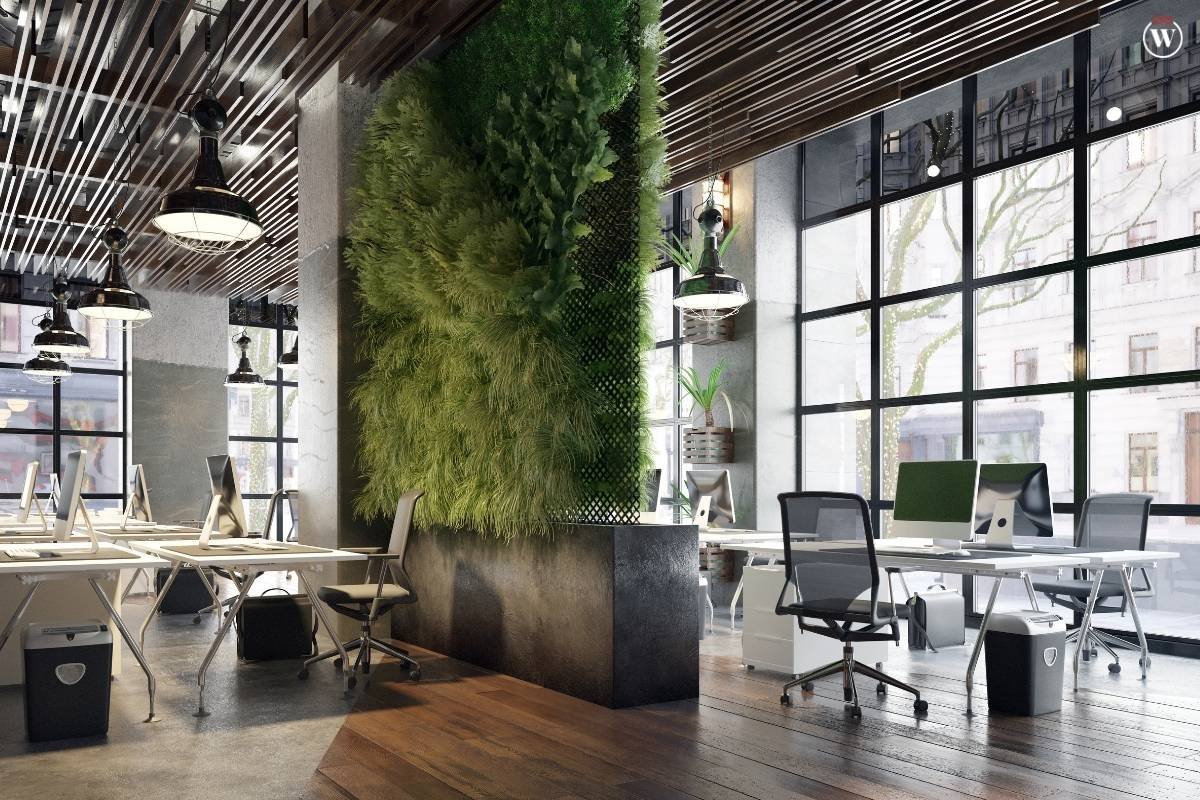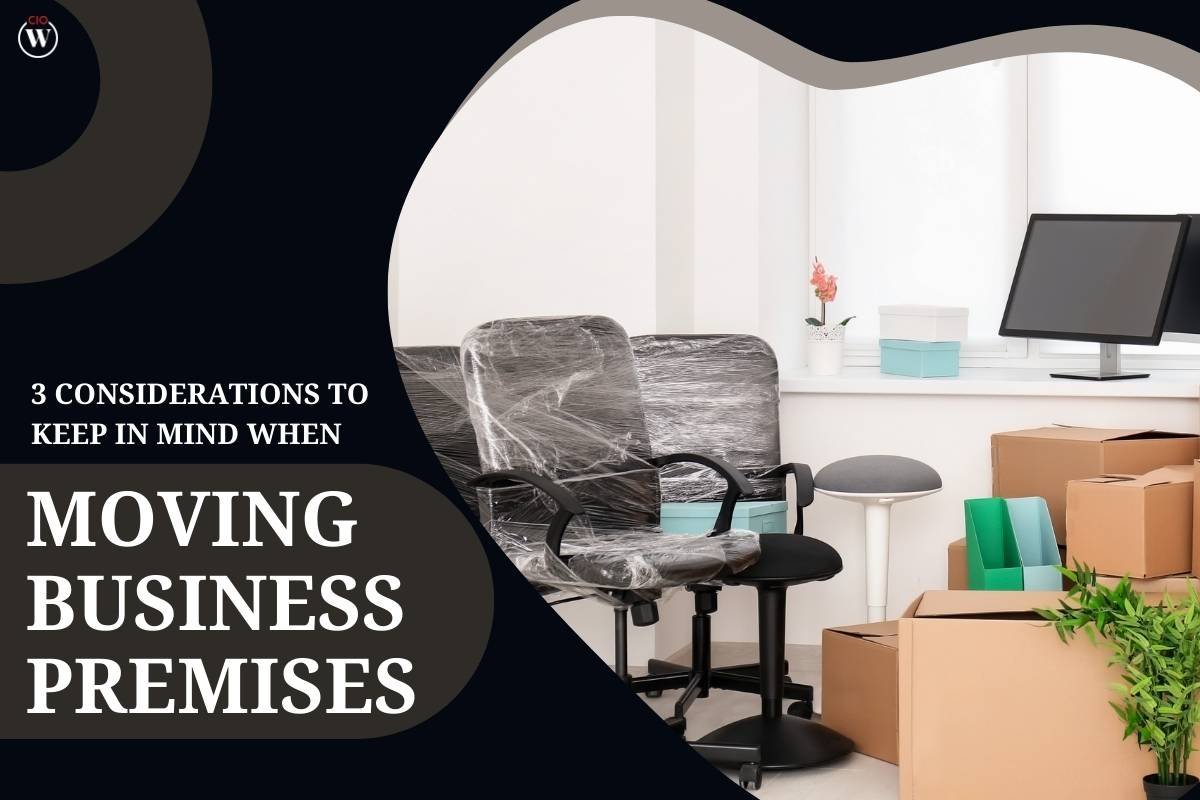Business premises relocation, much like moving house, can be a defining moment for your entire commercial experience. After all, an office, warehouse, or industrial unit is not only where your business might operate, but it’s what every other process will orbit around.
From your logistics to how staff commutes to your potential hiring pool to even the taxes you pay depending on the economic zone you live in, managing a business premise isn’t necessarily the same from location to location.
Then we also have the culture, where finding your fit in the local scene is as important as anything else, even if you’re not intending to become a notable presence in the area involved with all the local community events.
All of these perspectives and considerations can be dizzying. Which begs the question – what are the most important concerns to keep in mind when selecting a new location? In this post, we’ll consider a number of them, to help you lay the framework and decide if your move is worth it or not.
Here are some considerations for business premises relocation:
1. Minimizing movement disruption

It’s not just the location you move to, it’s the process of moving there that can cause more disruption than a standard residential relocation. For this reason, it’s important to stage this process, from ensuring the space is freshly rewired for your floor plan, to ensuring your managed IT services can install servers or any other IT preparations they need to make, to deciding which departments will move across, one by one, to ensure you’re better able to roll back to full function. Also, telegraph in advance exactly the delay expectation to your audience, as they’ll be able to make plans for such an event.
2. New logistics planning
It’s important to recognize that a new location can also imply new logistical planning. Services like NMFTA can help you curate the best output, especially as it relates to trucking cybersecurity, but you may be surprised just how many other variables are in play. For example, does the road leading to your business hold residential properties, meaning you can’t operate heavy trucks by a certain time in the morning or evening? Logistics might also imply how you welcome clients to your premises, or to what extent you outsource inventory and warehouse services.
3. Consider accessibility & amenities
Of course, you’ve already scoped the building out for amenities like toilet access and other utilities like staff locker storage. But it’s also important to consider what accessibility or other features are available, and what you could install.

For example, could you install bike sheds to keep up your cycle-to-work scheme, or will that have to be eliminated from your staff wellbeing plan? What about disability access? How will security be planned throughout the building, and how safe will front-facing receptionists be? Do you share the parking space with other businesses, and how can disputes be prevented through negotiations? It’s worth asking these questions because they allow you to navigate your best route forward.
With this advice, you’re certain to keep those essential considerations in mind, even for business premises relocation.









